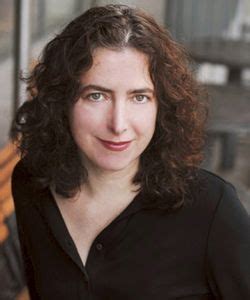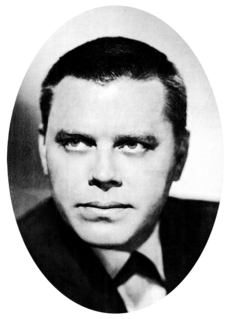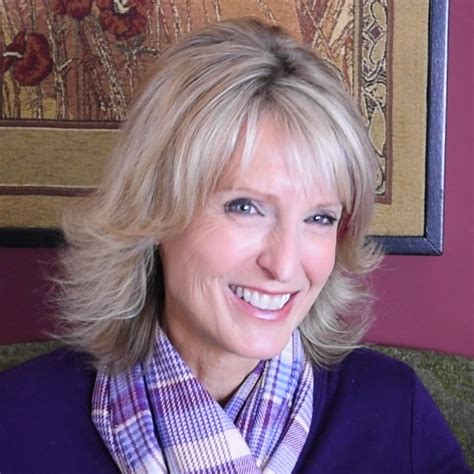A Quote by Dawn Lundy Martin
With my students I give them lots and lots of guided writing. Part of it is as simple as writing a lot but not toward anything. The mind floats. Then I help them see where the language has heat. If we do this a lot in class, students eventually relax into this writing practice and enjoy it. Even just that - writing pleasure without the anxiety of "audience" or "grade" or "success" - is a kind of impetus toward the unfamiliar.
Related Quotes
The daily writing practice is something I used to hear batted around a lot in writing workshops - which is probably why I dropped out of all the writing workshops. I wish I could take credit for innovating a new approach to writing, but the truth is that I've managed to write books despite myself. I'm lazy and ungovernable and undisciplined, but I do have a lot of anxiety about never amounting to anything and ending up as a bag lady.
Actually, I've taught creative writing in Turkey, at an English language university, where the students were native Turkish speakers, but they were writing their essays in English, and they were very interesting - even the sense of structure, the conventions of writing, the different styles of writing.
For me, a lot of Discipline was very personal writing, like writing through and working out being inside this gendered body and also the compulsions of the body, the muting of the mind as driven by the body. My father had died some years ago so he haunts the book too, just floats through it ghost-like. But, the writing of every book is different for me. They are so like living creatures, these books, so I don't know what's carried over into the writing of the next things - except maybe that I'm best when I make my writing practice a routine.
I realized you might make money at writing, and you might even make a living at it. So after that I didn't write stories just for the class but wrote them for the purpose of submitting them somewhere, and at some point in the process, I began writing them just to please myself and that's where you begin to see the real value of a life of writing.
Write all the time. I believe in writing every day, at least a thousand words a day. We have a strange idea about writing: that it can be done, and done well, without a great deal of effort. Dancers practice every day, musicians practice every day, even when they are at the peak of their careers – especially then. Somehow, we don’t take writing as seriously. But writing – writing wonderfully – takes just as much dedication.
I came out with a book called The True Secret of Writing: Connecting Life with Language. It's a book that describes how writing is a practice and how my teaching is part of that practice. I direct the writing and create books but underneath, there's always the river of practice happening. No good, no bad. Just do it.
All of a sudden, when you're exposed to a large audience, they think you just started writing that day, but I started years before. I look back at things I wrote then and I'm so embarrassed - the writing seems so blocky and choppy to me and I wouldn't have wanted success any sooner because the writing was even worse.





































